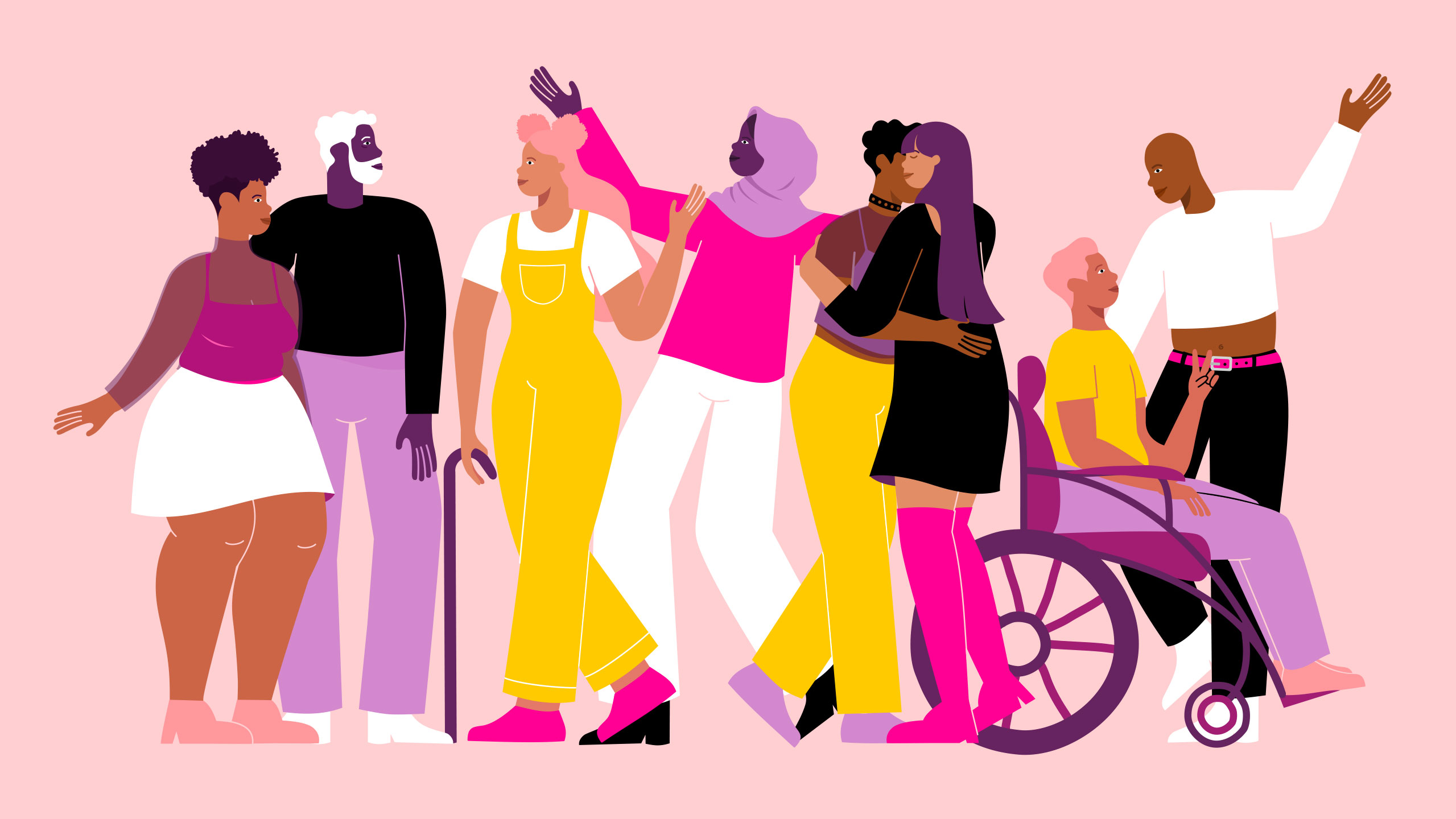Can anything good ever come of strangers on the internet telling each other what they think? As the audience engagement editor at Xtra, I’ve asked myself that question nearly every day for the past two years. Misunderstandings on social media can quickly erupt into hateful arguments. Chatter on discussion boards and neighbourhood Facebook groups often devolve into name-calling and nastiness. And the anonymity of fake usernames and avatars protect internet trolls, while the billion-dollar companies running these websites do little to protect their users.
Knowing this, it may come as a surprise to some of you that Xtra has decided to allow commenting on our website—nearly seven years after shutting them down.
Back in 2015, Robin Perelle, who was then the managing editor of Daily Xtra, described the comments section as “an exchange of increasingly personal attacks that drove many commenters away”—that is, when commenters bothered to voice their opinions about the topic at hand at all. Daily Xtra followed in the footsteps of other digital publications, like Popular Science, NPR and the CBC for most Indigenous-related stories, and closed commenting.
But despite the efforts of dozens of websites to curtail online trolls, the internet’s loudest and angriest users built momentum on social media. When I arrived at Xtra in 2019, everywhere you looked—especially on Facebook, Twitter, Instagram and YouTube—people criticized one another, called each other names and generally wrote IN ALL CAPS to make their points heard. On Xtra’s Facebook page, in particular, there was a whole lot of yelling and not a lot of listening (or reading, for that matter).
I’m no internet savant, but over time I realized that most of the toxicity in our social media comments could be narrowed down to three reasons: commenters were either lost (that is, on our feed without realizing we are an LGBTQ2S+ news site), felt misunderstood or didn’t think anyone was watching. So, we decided to address toxic comments by addressing the root of the issue.
Every time, someone was clearly “lost” and stumbled onto Xtra’s Facebook page to leave a nasty, typically homophobic or transphobic comment, we’d introduce ourselves to them and explain our mission as an LGBTQ2S+ publication. And when someone felt confused or disagreed with a story or another commenter’s point of view, we acknowledged their vulnerability. And whenever people left mean-spirited comments, we reminded them that this was a community and we need to be here for one another.
“We will strive to foster an environment where everyone feels safe and welcome.”
This may seem incredibly idyllic and almost unimaginable for a Facebook page with over 40,000 followers, but it worked. Our social media accounts have grown into lively, diverse communities, with returning and familiar faces and names engaging in civil dialogue among the hundreds of comments we receive each week. Active moderation on our part has helped minimize trolls, and often when we can’t get to a questionable comment fast enough, other community members step in to help address the issue.
Now, we want to bring the best parts of that community back to Xtra’s website. On social media, we have limited tools to ensure that what happens in the comments remains civil and productive—like you, we’re at the mercy of these tech companies. Plus, social platforms remain categorically unsafe spaces for LGBTQ2S+ users. Thus, we’re excited to host an inclusive space for inspiring discussions right here at home. And we will strive to foster an environment where everyone feels safe and welcome.
Here are a few ways we’re planning to do that:
1) In order to comment, you’ll be required to sign up for a free online membership. Any comments you write will be connected to your profile username and account.
2) Comments on our website are moderated by a combination of artificial intelligence and thoughtful human beings to ensure that conversations are respectful, engaging and safe for everyone.
3) Before commenting, you’ll be asked to agree to abide by our community guidelines, which you can read here.
There’s more to being a community member than just commenting. Your membership also gives you the ability to customize your Xtra experience by following topics and contributors you’re interested in, and receiving notifications when new pieces are published. Perhaps most importantly of all, it’s proof of your affiliation with Canada’s oldest LGBTQ2S+ publication, one that has remained fiercely proud and independent since 1984.
When the pandemic began in March 2020, we all found ourselves spending more time online, trying to find ways to connect through social media, video calls and livestreams from our homes. I leaned into my online communities, discovering new ways to celebrate Pride and birthdays and holidays as the year went on. When I was frustrated about the state of the world, I shared how I felt on social media. After seeing a really great film or TV show, I’d scour online forums to see what others had to say. The internet became my world café, my weekend bar and my virtual water cooler. It still is. We’re hoping that by creating an Xtra community, we might serve a similar role in your life, connecting you to Xtra’s fabulous staff and contributors, and other LGBTQ2S+ people and allies around the world.
If you’ve been a longtime reader, thank you for your continued support and I hope you join us in the next chapter of Xtra’s community building. If you’re new to this website, welcome! Kick your heels off, get comfortable and stay awhile. We’re all friends here.
Sign up to join the Xtra community here. Have questions? Check out our FAQ page. And before you engage, please read Xtra’s community guidelines.


 Why you can trust Xtra
Why you can trust Xtra


